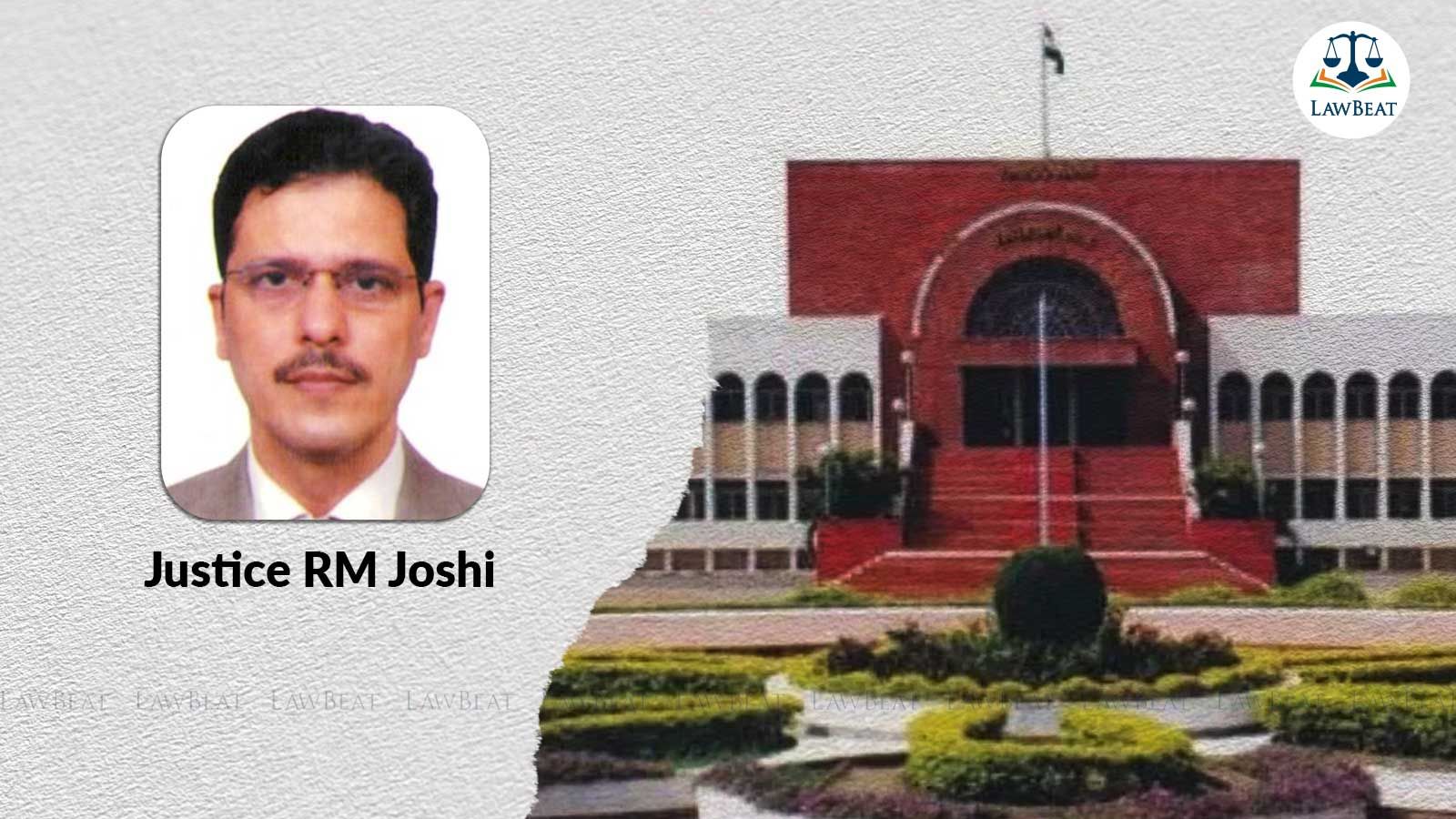Smallest Error Attracts Penal Consequence Under PCPNDT Act: Bombay High Court

The court in its order recorded that the act of sealing of sonography machine is independent of the noncompliance and maintenance of relevant records
A single bench of the Bombay High Court at Aurangabad comprising Justice RM Joshi recently dismissed a plea filed by two doctors seeking discharge in a case related to the Pre-Conception and Pre-Natal Diagnostic Techniques (Prohibition of Sex Selection) Act, 1994 (PCPNDT Act) while observing that the smallest of an error attracts penal consequences under the PCPNDT Act.
“A bare look at the provisions of the Act shows that non compliance of the Act in any manner is not excused, as smallest of an error attracts penal consequences. Considering the purpose of enactment, there should be deterrence for those indulging sex determination and to achieve its objective, strict compliance of the Act is must,” the court observed.
The high court was hearing a plea filed by a doctor seeking discharge in the case filed against them under the PCPNDT Act for non-compliance and discrepancies in filling Form F under the act.
The discharge plea was rejected by the trial court and the sessions court.
The doctors had contended that sonography machines were unsealed by order of the District Authority after the explanation of the petitioner was found satisfactory.
The court in its order recorded that the act of sealing of sonography machine is independent of the noncompliance and maintenance of relevant records.
The Additional Public Prosecutor contended that non-compliance of Form F is an offence and hence, there would be no justification for discharging the petitioners.
The bench noted that having regard to the intent of legislature and purpose to bring this enactment into the Statute book, even the high court could not be permitted to dilute the provisions of the act.
The bench further noted that Section 245 of the Code of Criminal Procedure allows the Magistrate to discharge the accused if no case has been made out against them, which would lead to their conviction if left unrebutted. In the present case, the material on record stands unchallenged, indicating the accused's possible conviction.
Consequently, the high court said that the plea for discharge by the accused was rightly rejected by both lower courts.
Case title: Ravindra Patil vs State of Maharashtra
